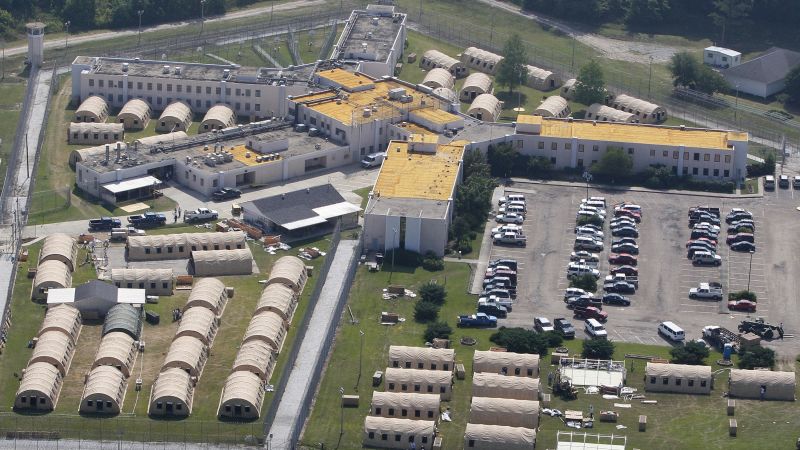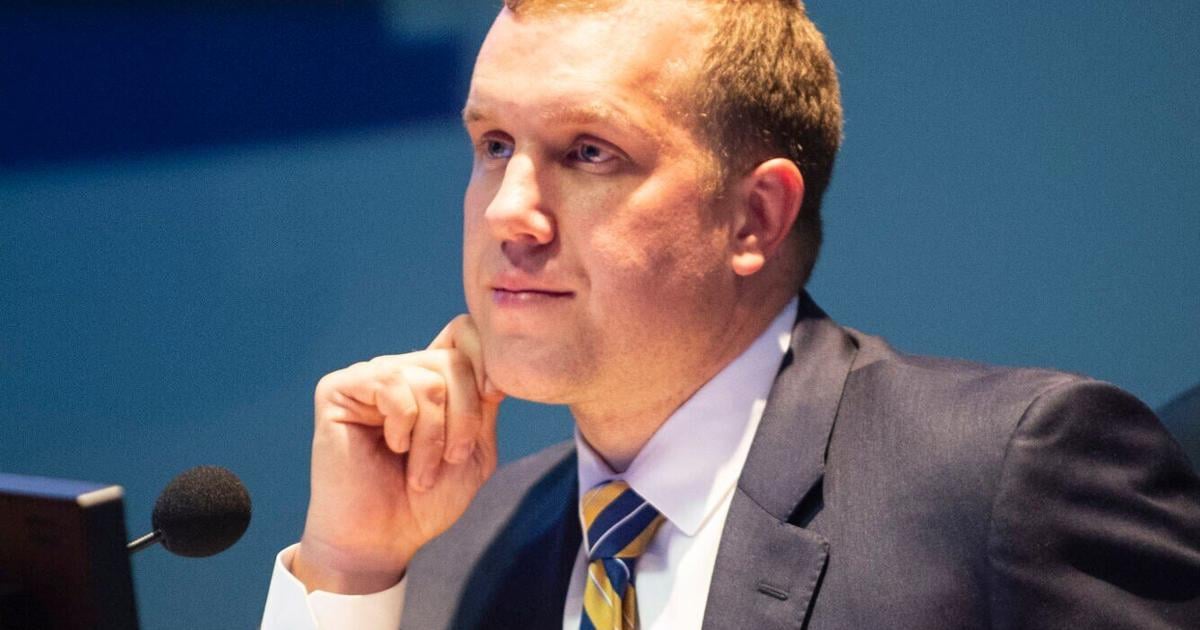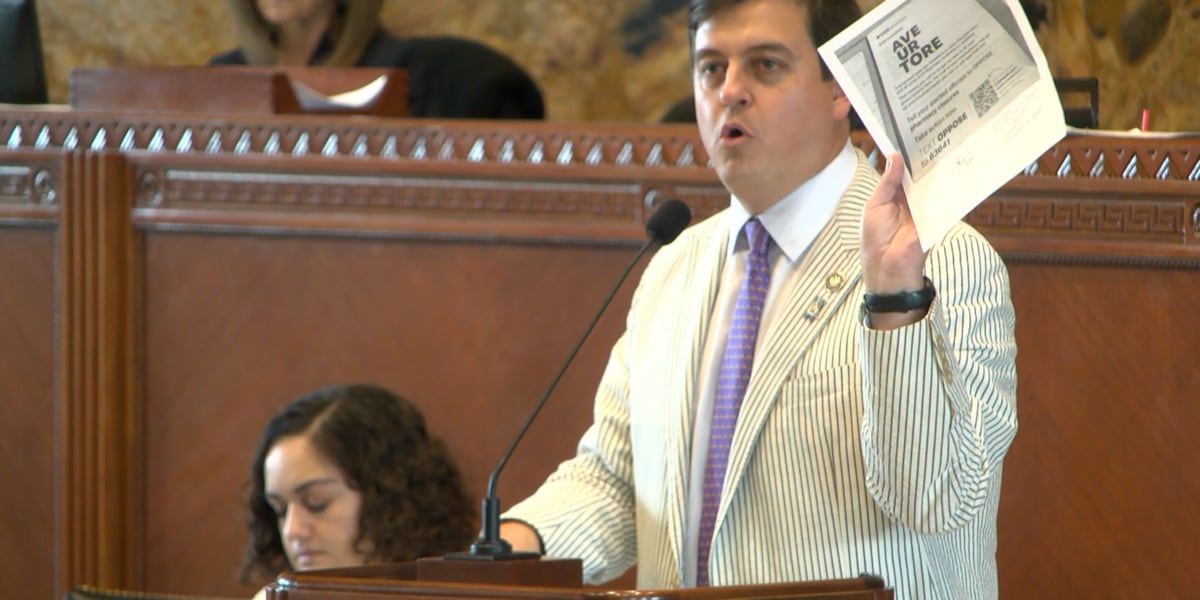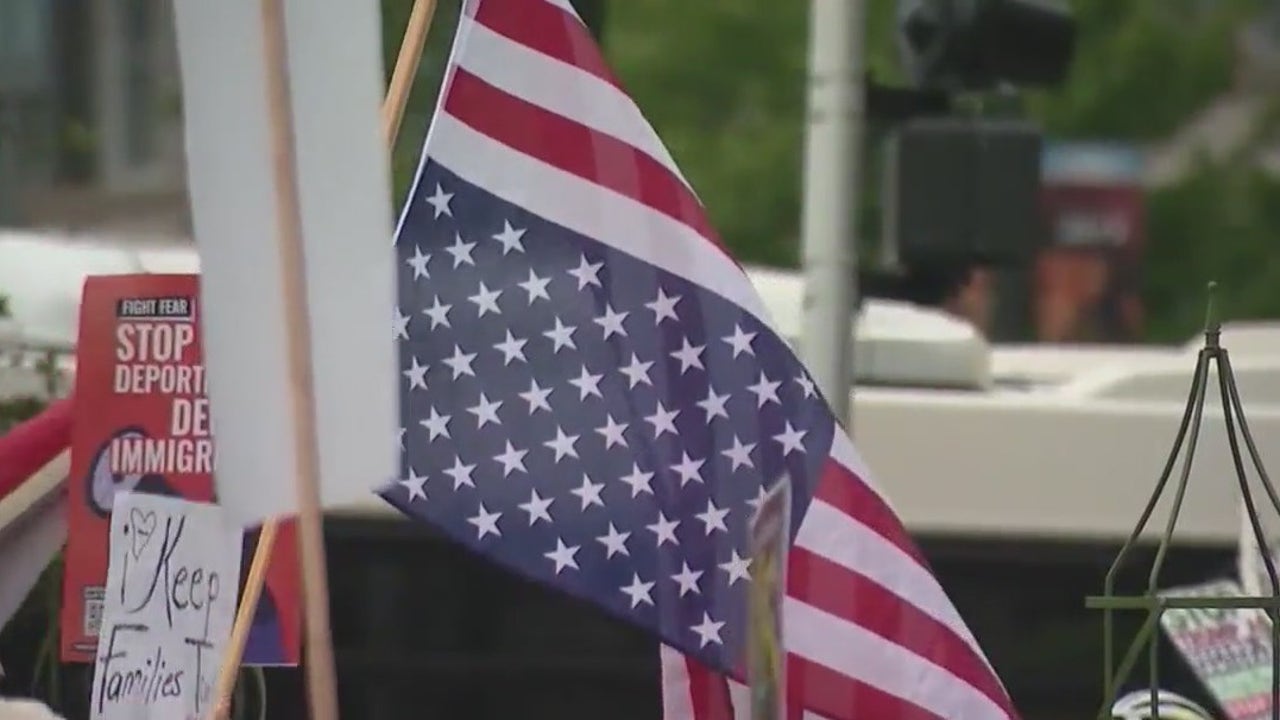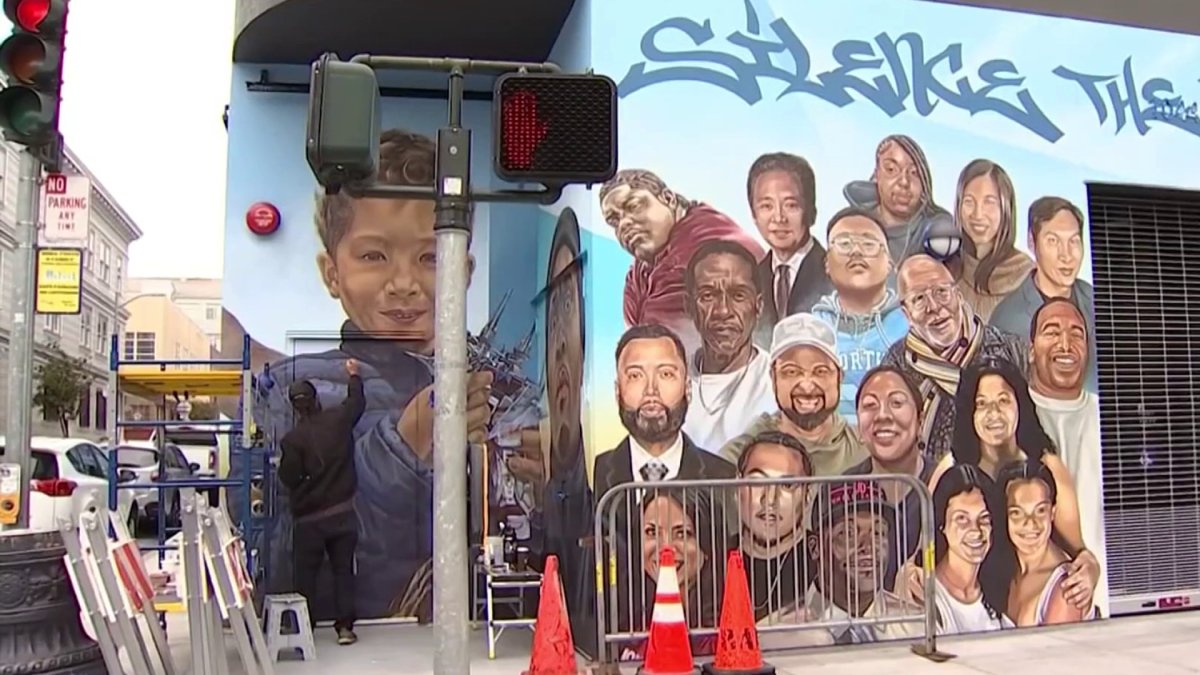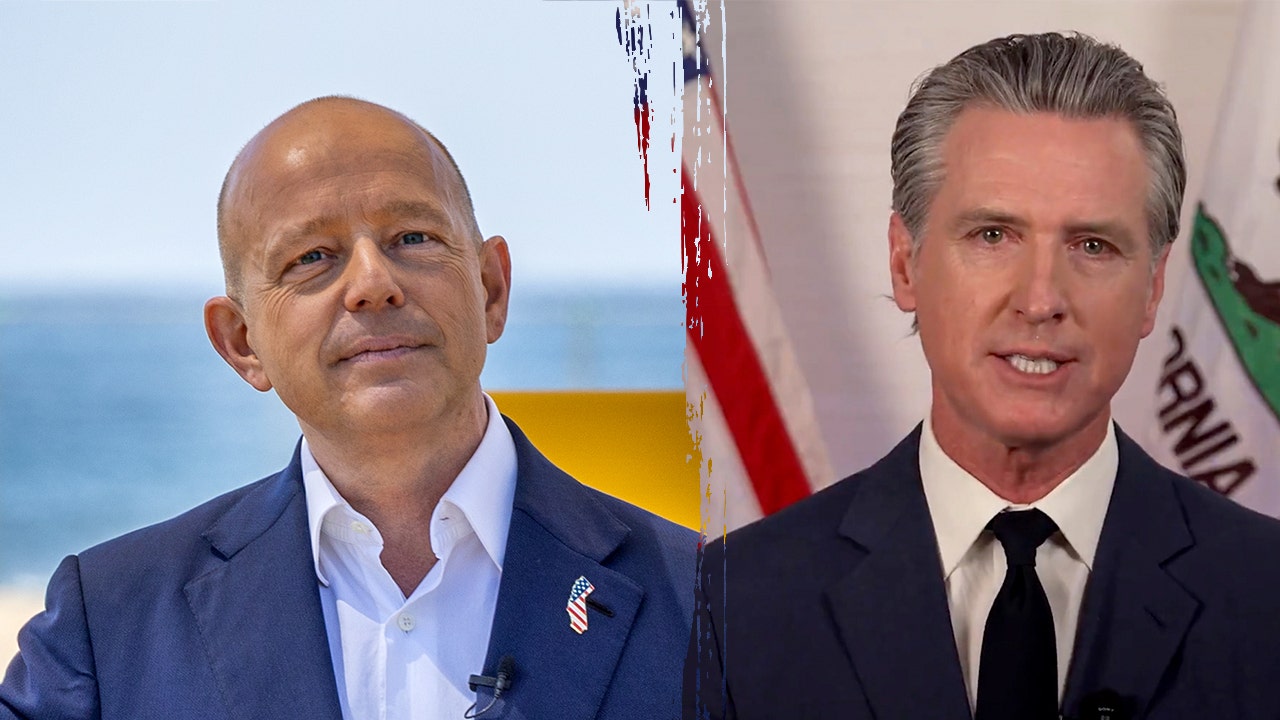CNN
—
Children in the custody of Louisiana’s Office of Juvenile Justice being held in a former death row building at an adult prison are suffering dangerous heat conditions and routine isolation in their cells that experts say could cause serious and irreversible harm, according to a federal court filing Monday.
Advocates, including the ACLU of Louisiana, are asking a federal judge to take emergency action to immediately transfer all juveniles out of the Louisiana State Penitentiary, an adult maximum-security prison known as Angola, and into children’s facilities. They are also asking that the state stop sending juveniles to Angola, according to the filing.
The children, mostly Black boys, are suffering psychologically with little or no mental health care and inadequate schooling and are being placed in solitary confinement for 72 hours upon arrival, according to the ACLU.
The filing also references excessive heat in the facility and includes supporting documents that show there are no windows or air conditioning in the cells. The ACLU says the heat index in the area has been above 88 degrees F since late May, and the ongoing heat wave has pushed that index well into the triple digits.
The Office of Juvenile Justice has not responded to CNN’s request for comment.
Angola is a former slave plantation that was converted to a prison during the Civil War and is now the largest maximum-security prison in the country, according to the ACLU.
Louisiana Gov. John Bel Edwards announced last July the state would start sending children to Angola after six juveniles escaped from the Bridge City Center for Youth. Officials said at the time the transfers to Angola were temporary while they worked on renovations and improvements at another facility.
Concerned about this decision, the Office of Juvenile Justice and Delinquency Prevention reached out to Edwards to offer direct support in finding safe and appropriate facilities for the children, the office’s administrator Liz Ryan said in a late 2022 statement.
“It is now evident that the state had no intention of considering other alternatives, but were instead determined to move these youth to Angola as a way of ‘getting rid’ of what they see as the problem – a group of high risk youth with very complex needs,” the statement reads.
Louisiana officials had initially said the use of Angola for juveniles would end in Spring 2023, but that deadline has now been pushed back to November.
The first group of children was sent to Angola in October 2022 and the state has since sent about 70 to 80 juveniles to the facility, the ACLU said.
The Office of Juvenile Justice, unlike Louisiana’s Department of Public Safety and Corrections, aims to rehabilitate juveniles, instead of punishing them. Youths can be sent to Angola from other juvenile facilities for a number of reasons, including violence committed against staff or marijuana possession.
Included in the court filing were declarations from three teens who are currently housed at the Angola facility or have been housed there in the past.
One 17-year-old who has been at Angola since June 1 said he was locked in a cell for three days upon arrival.
“I have seen other kids locked in their cells for several days and even up to weeks for minor infractions and incidents with guards,” the teen said in the document. “The guards don’t care about us here.”
The teen said the water in his faucet has “a color, tastes bad, and would make me sick,” according to the filing. He added, “I worry about my mental health because I’m forced to be in these cells.”
According to the teen’s statement, there are no educational services and there are no teachers on his block.
“I want to get out of here. There are no behavioral programs here,” he said in the document. “At other facilities, I could meet with a counselor and work towards achieving my goals. If those services were offered I would want to use them.”
In another declaration, a second juvenile said one of the accommodations of his individualized education plan is having materials read to him, which did not happen at Angola.
“The past two days, I have been alone in my cell all day. I was not allowed to come out except to shower and I was not allowed to talk to anyone,” he said.
A third juvenile also said the water in his cell is undrinkable and the food at Angola is “horrible.” This juvenile stated that he’d had three trays of food since he got there and used the commissary to sustain himself.
All three juveniles said the cell blocks are extremely hot and do not have air conditioning. They said the fans do not always work and that sometimes the power goes out, leaving the fans inoperable.
Dr. Susi Vassallo, a board-certified licensed physician in emergency medicine and medical toxicology called the conditions at Angola “inhumane,” in an expert opinion included in the court documents.
According to Vassallo, all the youth at Office of Juvenile Justice Angola Unit “are at substantial risk of serious physical and psychological harm” due to heat exposure at the facility.
“This is especially so because of Defendants’ alleged practice of confining youth in their unairconditioned cells for up to 72 hours continuously during intake, from approximately 5 pm to 8 am every day, and for additional periods of up to 48 hours as punishment,” she said in the document.
Prolonged exposure to high heat can place even younger and healthier people at serious risk of death, Vassallo said, adding that risks of self-harm and suicide increase during hot weather.
“Defendants are extremely lucky that none of the youth – as far as we are able to know – have been injured due to heat exposure or engaged in desperate acts of self harm,” she said.
Psychologist Craig Haney, a second expert included in the filing, said a number of youth at Office of Juvenile Justice Angola Unit are being subjected to living conditions that are “similar or identical to solitary confinement,” placing them at risk of serious psychological harm.
“The psychological stress and anguish of being kept in isolation increases the risk and seriousness of the harm, which is categorically greater in children, and can subject them to potentially irreversible physical and mental harm,” he said.
Haney noted that the majority of incarcerated young people have already experienced adverse childhood events and the dangerous practice of isolation can retraumatize them.
The lawsuit is being brought by the ACLU National Prison Project, the ACLU of Louisiana, the Claiborne Firm and Fair Fight Initiative, the Southern Poverty Law Center and attorneys Chris Murell and David Shanies.
“The state’s treatment of kids in Angola has been a series of broken promises,” David Utter, lead counsel and executive director of the Fair Fight Initiative said in the ACLU statement. “The state promised the Angola facility would close in the spring. The state promised the kids wouldn’t be held in solitary. The state promised the kids would receive their education and treatment. None of this has come to pass. We are asking the judge to take urgent action to put an end to this unprecedented mistreatment.”
CNN reached out to the office of the governor but has not heard back.

